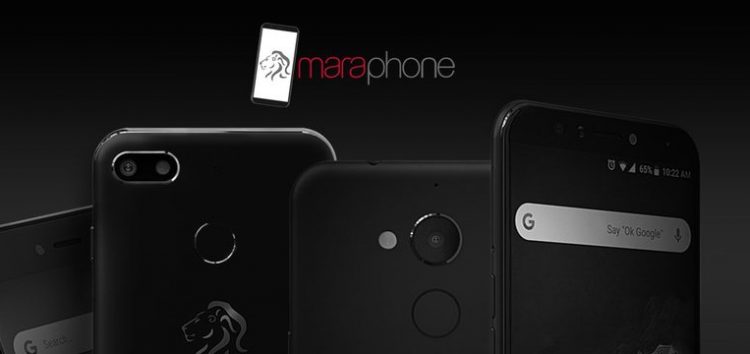First Made-in-Nigeria Phone To Be Unveiled in March

Nigeria, in a bid to ride in the wave of tech advancements across Africa, will unveil the first made-in-Nigeria phone in March 2020.
This announcement was made by the President of the High Tech Center for Women and Youth, Dr Wunmi Hassan who said that the unveiling will take place during the Nigeria STEM summit and Train-the-Trainers workshop. The program is scheduled for the 24th to 26th of March.
Recall that last year, Rwanda beat other countries in Africa to become the first African country to make a phone, a smartphone at that. This happened with a lot of pomp and excitement as the continent gathered round its first smartphone.

Hassan’s statement suggests that the phone is already being worked on and will only be unveiled during the summit. Thus it is probably near completion. The statement however, does not indicate whether the phone would be a feature phone or a smartphone.
But will Nigerians buy a ‘Made in Nigeria’ phone?
This is not to put the substandard tag on a phone that has not even been presented to the press or public. Yet, we can’t help but ask; what are the chances that a Nigerian-made phone will be accepted by Nigerians?
Recently, it was reported that members of the House of Representatives refused to accept Innoson vehicles as official cars, but wanted Toyota cars instead.
If the Nigerian automobile company is still turned down by members of its own government despite all its advancements simply because it is not foreign, should we even try to make phones for the common man?
The slow acceptance that greets Nigerian-made products sometimes due to a history of poor quality of locally manufactured items.
READ ALSO: Cybersecurity Company, Sophos Unveils “Xstream” to Secure Encrypted Network Traffic
Knowing this, phones made in the country will be viewed with skepticism as watchful eyes will probe for signs of substandard quality whether in materials or craftmanship, Technext reported.
Possible foreign markets
Nigeria isn’t remotely known for electronics and gadgets export. It isn’t even known for export in manufactured goods. Its top exports are crude oil, petroleum products, cocoa beans and rough wood. These are mainly raw materials.
It’s top export destinations are India, USA, Spain, France, and the Netherlands. These are largely manufacturing economies. It is therefore clear that the made-in-Nigeria phones would be anticipated in foreign markets. Thus its makers must look homewards to market the product.
A good strategy to adopt for this could be the Rwandan strategy. The locally produced Mara smartphones are finally gaining some traction and market share in Rwanda.
This is because it’s makers, the Mara Group adopted a strategy of partnering with local banks and telecommunications firms to create a finance model which allows users to pay for their phones over two years.
This has led to increasing sales and acceptance. If the makers of the made-in-Nigeria phones could adopt this strategy, maybe they might just succeed in grabbing considerable market share in Nigeria.
In the long run, the potentials for a made-in-Nigeria phone is huge still, considering the population of the country.
However, the potential markets depend on what kind of phone it is, what kind of design it has, and the quality that people get in terms of materials, functionalities, and craftmanship.
(Technext)
Yetunde Adegoke












